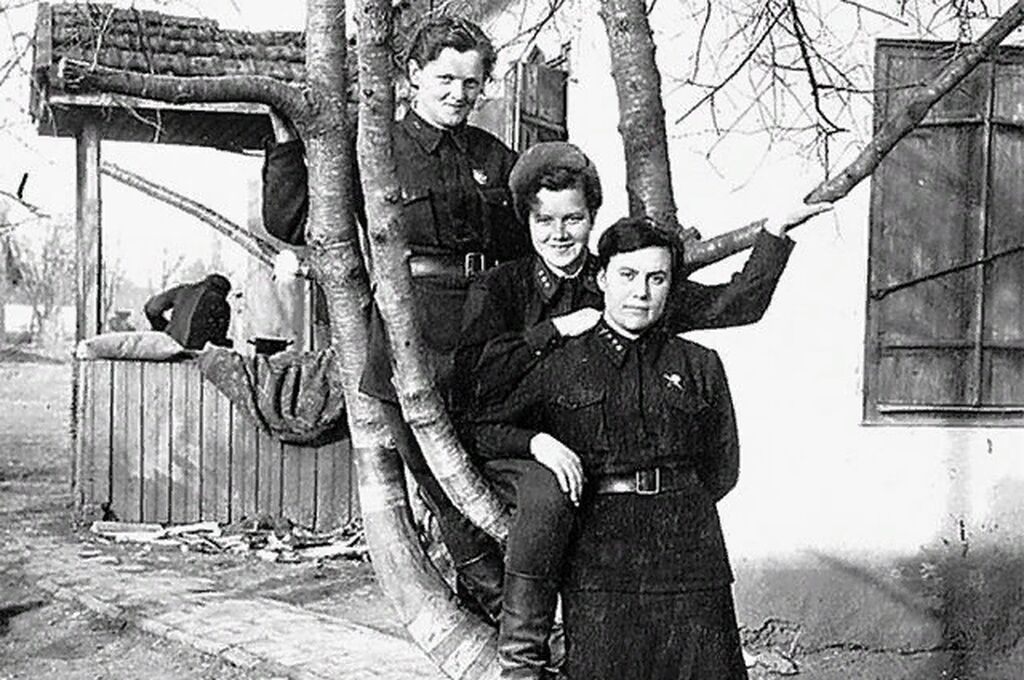Irina Vyacheslavovna Rakobolskaya (1919-2016) was a woman whose name is firmly etched in the pages of history as a vivid symbol of not only courage but also outstanding scientific contribution.
"Irina Vyacheslavovna is a kind, fair, and wise woman. She consistently inspired sympathy and admiration from everyone fortunate enough to learn from her, interact with her, and work under her guidance," says Vladislav Osedlo, head of the Radiation Monitoring Laboratory at the Skobeltsyn Nuclear Physics Institute of Moscow State University. "I take pride in having defended my dissertation under the supervision of Professor I.V. Rakobolskaya. She inspired me to seek out new ideas and to be courageous in my research endeavors. Irina Vyacheslavovna not only shared her knowledge but also her life experience, which helped me better understand the scientific process. Thanks to her wisdom, I learned to effectively plan research and find optimal solutions in challenging situations."
"Irina Vyacheslavovna is a kind, fair, and wise woman. She consistently inspired sympathy and admiration from everyone fortunate enough to learn from her, interact with her, and work under her guidance," says Vladislav Osedlo, head of the Radiation Monitoring Laboratory at the Skobeltsyn Nuclear Physics Institute of Moscow State University. "I take pride in having defended my dissertation under the supervision of Professor I.V. Rakobolskaya. She inspired me to seek out new ideas and to be courageous in my research endeavors. Irina Vyacheslavovna not only shared her knowledge but also her life experience, which helped me better understand the scientific process. Thanks to her wisdom, I learned to effectively plan research and find optimal solutions in challenging situations."

Irina Rakobolskaya was born on December 22, 1919, into a family of a physics teacher. From a young age, she immersed herself in the fascinating world of science. In 1938, as a student at the Faculty of Physics at Moscow State University, Irina began her exciting journey toward knowledge. However, in 1941, she set aside her textbooks and chose the path of a true hero by going to the front. As the deputy commander of the “Night Witches” — a women's aviation regiment that carried out nighttime bombings of the enemy, Irina demonstrated remarkable leadership qualities and incredible bravery. For her feats, she was awarded six orders and fifteen medals.
Significant milestones in her professional career were the years 1966 and 1968. In 1966, Irina Vyacheslavovna was appointed dean of the newly established Faculty of Advanced Training for University Teachers. Two years later, she founded a laboratory for cosmic radiation of ultra-high energies at the Nuclear Physics Institute of Moscow State University, which she directed until 1991.
In 1968, under her leadership, a unique installation consisting of 144 multilayer lead X-ray emulsion chambers was constructed in the underground premises of the Moscow Metro.
From 1987 to 1997, Irina Vyacheslavovna was actively involved in the creation and leadership of the public organization “Union of Women of Moscow State University.”
In 1968, under her leadership, a unique installation consisting of 144 multilayer lead X-ray emulsion chambers was constructed in the underground premises of the Moscow Metro.
From 1987 to 1997, Irina Vyacheslavovna was actively involved in the creation and leadership of the public organization “Union of Women of Moscow State University.”

"The life of Irina Rakobolskaya is an outstanding example of female strength, intellect, and dedication to her work," notes Vladislav Osedlo. "Her labor and accomplishments remain an inspiring legacy for future generations of scientists and researchers."

